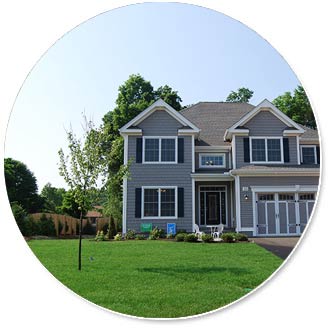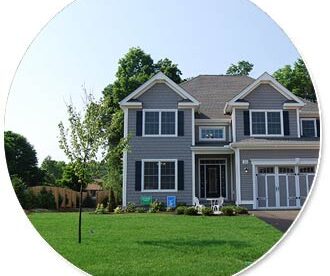 Would you purchase a home in an area without high-speed internet access? According to a Wall Street Journal article, many buyers won’t. Over the past five years, it has become more difficult for communities without this attribute to attract families and businesses.
Would you purchase a home in an area without high-speed internet access? According to a Wall Street Journal article, many buyers won’t. Over the past five years, it has become more difficult for communities without this attribute to attract families and businesses.
Buyers quoted in the WSJ piece mention that not having internet is essentially akin to going without electricity, automatically placing them behind in resources, business and education. As telecommunications companies don’t have to offer high-speed internet access in every area, urban and high-income communities are seeing the boom, while more rural areas are starting to falter.
As a result, buyers’ perspectives and realtors’ approaches are changing.
1. High-Speed Means Higher Prices
According to the WSJ article, high-speed internet can add $5,437 to a $175,000 home – roughly the value of a fireplace or half of a bathroom.
Similarly, VICE points out that buyers are willing to pay more. For instance in London, houses with high-speed internet will sell at eight percent higher.
2. Living Disparities
A University of Colorado and Carnegie Mellon study found that 92 percent of urban areas have high-speed internet in some form, versus 47 percent for rural communities. Additionally, VICE found that higher-income neighborhoods and towns are more likely to have it, versus lower-income communities.
What constitutes “high speed” internet? Generally, it’s defined as anything over 25 megabits per second, with some fiber-optic connections going up to 1,000 megabits/second. Contrast this with DSL, averaging 10 megabits/second, and even slower satellite plans.
For those living in communities without it, you have to install a wire, get a separate internet plan with data caps and endure the frustration when software installations and downloads crash due to poor connection. Beyond individual use of the internet, businesses are reluctant to start up in a community that is technologically behind the times.
3. Realtors Advertise It
The WSJ also points out that if a realtor doesn’t include high-speed internet in the property listing, they’ll receive fewer calls. Similarly, if it doesn’t offer broadband access, potential buyers won’t tour it.
Additionally, as Vermont publication Seven Days mentions, MLS listings also have space to indicate whether a property has internet and which type. If it’s a lesser option or not listed, the property doesn’t get exposed to as great of a pool of buyers, keeping it on the market longer.
If you’ve been looking at properties in central Connecticut, include By Carrier’s homes in your search. For more information about our custom properties, contact us today.






